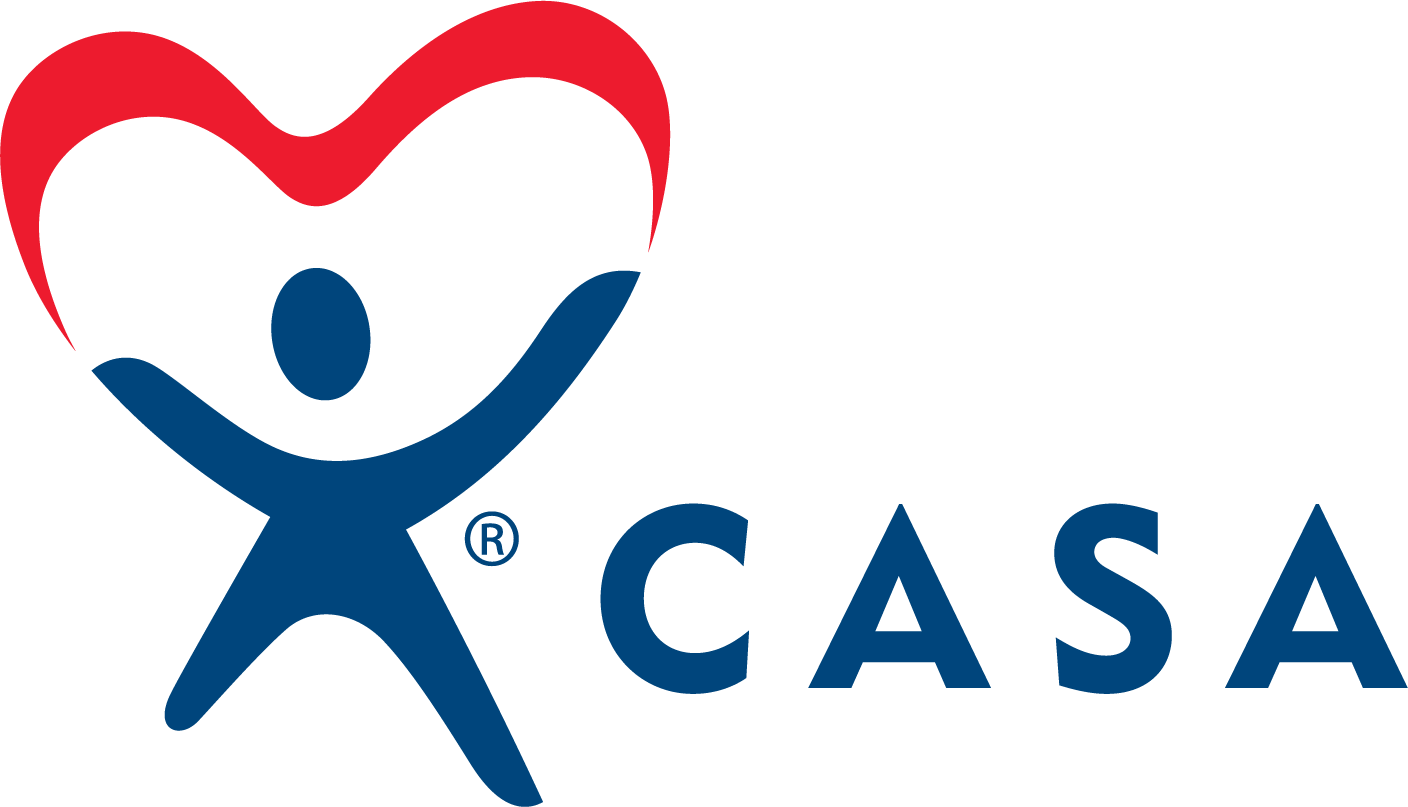Court Appointed Special Advocates Invest In Their Knowledge of Available Resources for Kids At Englishton Park
On July 3, 2024 staff and volunteers traveled to Englishton Park to learn more about the camp, and the amazing resource available for children in our community. This camp is for any child who is experiencing challenging behavior, and aims to improve academic skills, change attitudes toward learning, modify behavior interfering with learning in the classroom, and experience success in school-type activities.
For more than 50 years, Englishton Park’s Summer Camp has helped children to improve classroom performance and behavior through an innovative program that focuses on positive reinforcement. The program was created in 1969 by Dr. Harve Rawson, a psychology professor at Hanover College. Dr. Rawson was especially interested in the psychology of behavior and academic success in children.
Each summer, Englishton Park offers three Summer Camp sessions, with each session lasting ten days. Boys who are between the ages of 7 and 12 and girls who are between the ages of 8 and 12 are eligible to participate. After a child’s application has been approved, staff reviews the child’s records and creates an individualized goal-based plan to address the child’s behavioral and academic needs.
CASA Volunteer, LeAnne Adams shares, “As I watched and listened to the staff talk about and interact with the children there, I felt there was a genuine commitment to their education and future success. As a retired teacher, we will never fully know how strong the tree will grow after the smallest seed has been planted. Englishton Park has planted many seeds. It is definitely a place, I believe, that would be beneficial to appropriate children that we serve in CASA.”
When a child arrives at camp for their ten-day stay, they are assigned to a small group consisting of approximately nine children. Each group of children is supervised by a team of three trained camp counselors (providing a 3:1 camper to counselor ratio). Two program co-directors and a resident director who supervises the Summer Camp's operation, and a tutoring supervisor oversees educational instruction.
Throughout the course of each day, children participate in activities that are paired with various types of learning: competitive learning (for example, during morning classes), individual learning (for example, during one-on-one tutoring sessions), and cooperative learning (for example, through group projects, like building a tree fort).
At the end of a child’s 10-day session, camp counselors meet with the child’s parent(s) or guardian(s) to discuss observations and individualized recommendations so that the child’s improvement can continue at home and in school. Shortly after the end of a child’s session, a written report containing these observations and recommendations is provided to the child’s parent(s) or guardian(s), school, and referral agency.
“The consensus after our visit was enlightenment. We know children that attend this camp, and we know that they love it, but we had no idea the amount of outdoor educational activities that were taking place at Englishton Park for the benefit of children in need.” CASA Executive Director, Whitney Roberts. “We are grateful for the opportunity to see first hand, and certainly plan to advocate for the children we serve, who are in need of this opportunity, to attend camp next summer.”

